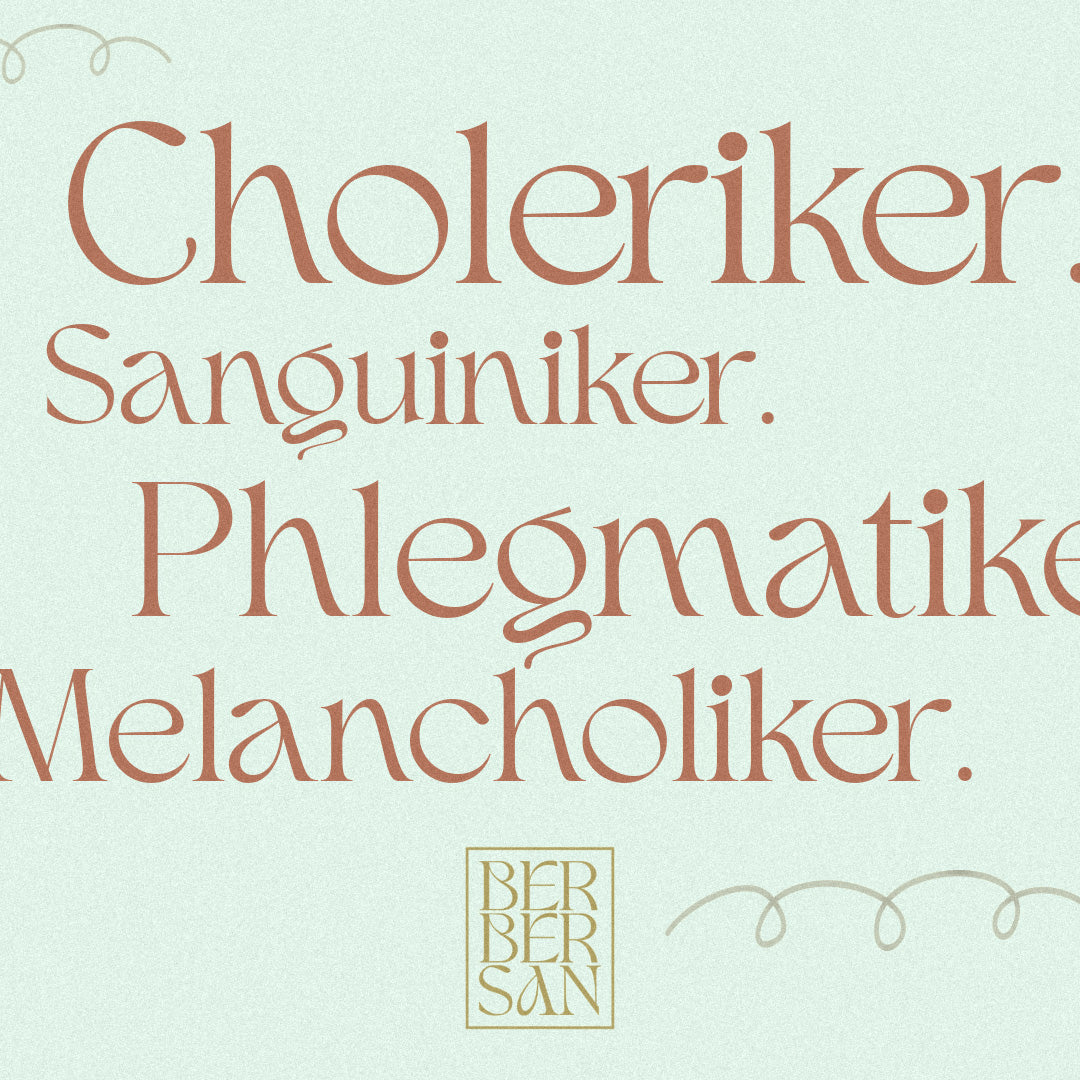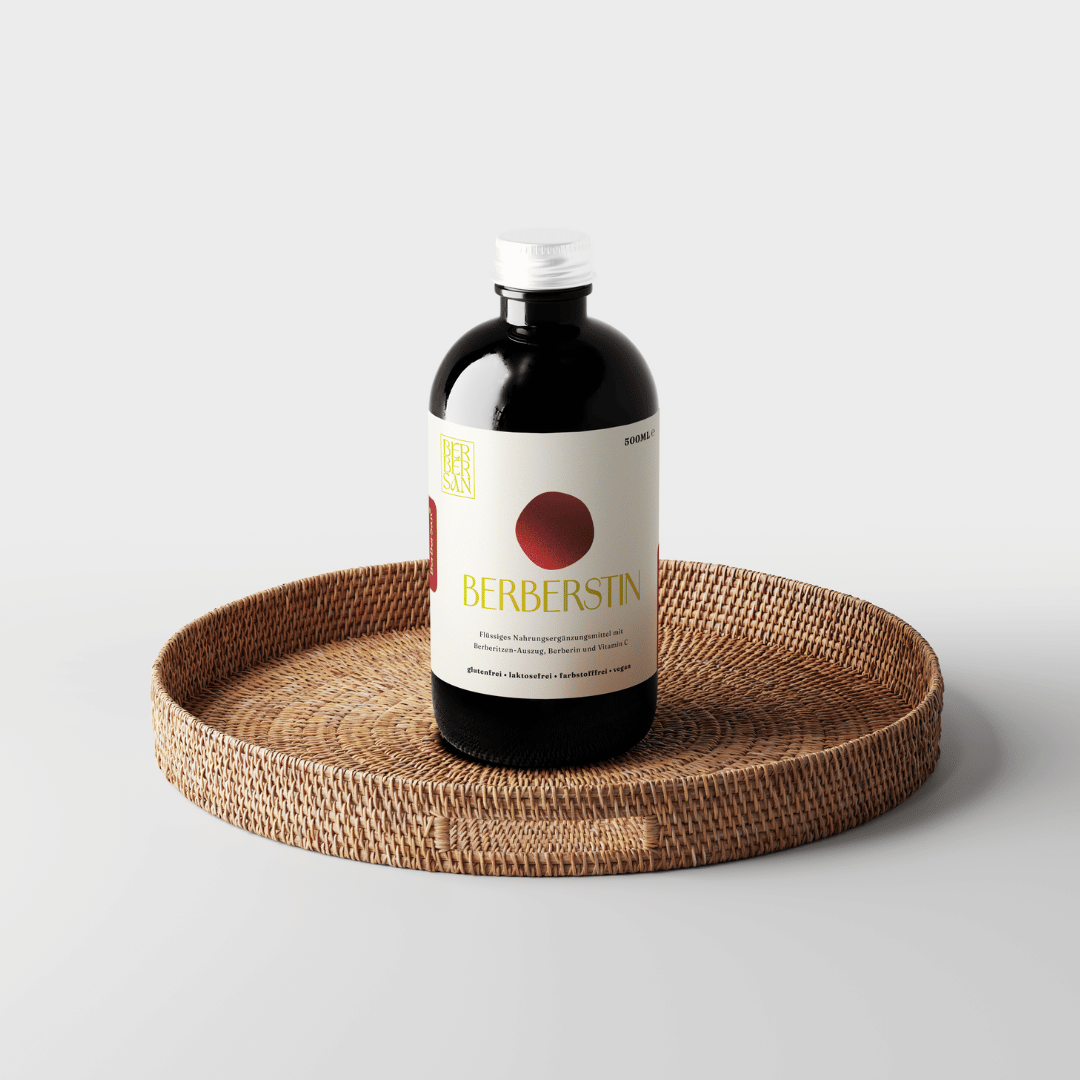Traditional Persian Medicine (TPM) has developed a comprehensive understanding of health and illness over millennia. A central principle of this teaching is the consideration of temperaments ( Mezadj ), which apply not only to humans but to all living beings and things in the universe. These temperaments are at the heart of diagnosis and treatment and are always viewed in connection with the four elements: fire, air, water, and earth.
The Four Elements and their Temperaments
In TPM, each element has specific qualities:
- Fire : warm and dry, represents the choleric and is determined by yellow bile.

- Air : warm and moist, represents the sanguine person, defined by blood.

- Water : cold and moist, symbolizes the phlegmatic person whose humors are regulated by mucus.

- Earth : cold and dry, characterizes the melancholic, marked by black bile.

These elements and their properties have a direct impact on a person's physical and mental well-being. Each person has an individual blend of these humoral principles ( akhlat ), which determines their temperament. The balance of these four humors is crucial for health. If this balance is disturbed, dyscrasia occurs—an imbalance of the humors that leads to illness.
The role of temperaments in health
The fundamental philosophy of TPM is based on the balance between the qualities of heat and cold, as well as wetness and dryness. Every illness is viewed as an imbalance of these qualities, and treatment aims to restore this equilibrium. An understanding of a person's individual temperament is therefore crucial for the practitioner to make an informed diagnosis and find the appropriate treatment.
Each temperament has specific characteristics:
- Choleric : energetic, often restless, prone to heat.
- Sanguine : optimistic, sociable, prone to warm-humid illnesses.
- Phlegmatic : calm, peaceful, tends towards cold and wet.
- Melancholic : thoughtful, introverted, prone to dryness.
The art of dietetics in TPM
A central goal of TPM is the maintenance of health, which is achieved through the proper balance of fluids. Dietetics plays an important role here, and in TPM, it goes far beyond mere dietary adjustments. It encompasses a holistic lifestyle that takes into account air quality, nutrition, sleep habits, exercise, rest periods, the preservation of beneficial substances, and the excretion of harmful substances. TPM also incorporates a person's psychological state into health planning.
The art of dietetics consists in identifying a person's individual physical requirements and adapting lifestyle habits to promote inner balance. For example, choosing the right foods is of great importance. Foods are divided into warm and cold properties:
- Warm foods : They are easily digestible and are often recommended for phlegmatic and melancholic people as they have a reduced heat potential.
- Cold foods : These require more heat for digestion and are suitable for people with a higher heat requirement, such as choleric and sanguine people.
An ideal dietary regimen adapts to the individual's temperament and ensures that body, mind, and spirit remain in balance. The preparation and combination of foods also plays a crucial role. Hot and cold foods should be consumed in the correct proportions to support the individual's temperament and promote the balance of fluids.
Conclusion: Balance is the key
TPM is about understanding the body's internal processes and taking a holistic view of the individual. The balance of the four temperaments and the art of living a healthy lifestyle are essential for maintaining health and preventing disease. The goal is to establish a harmonious balance of the fluids and keep the body in harmony with nature.
At BerBerSan , we embrace this ancient wisdom. Our BBS1 Berberine Juice, made from cold-pressed barberries and pure Austrian Alpine water, is a modern product that harnesses nature's healing powers and is based on the principles of TPM. With every sip, you support your natural balance – for a life of health and harmony.





